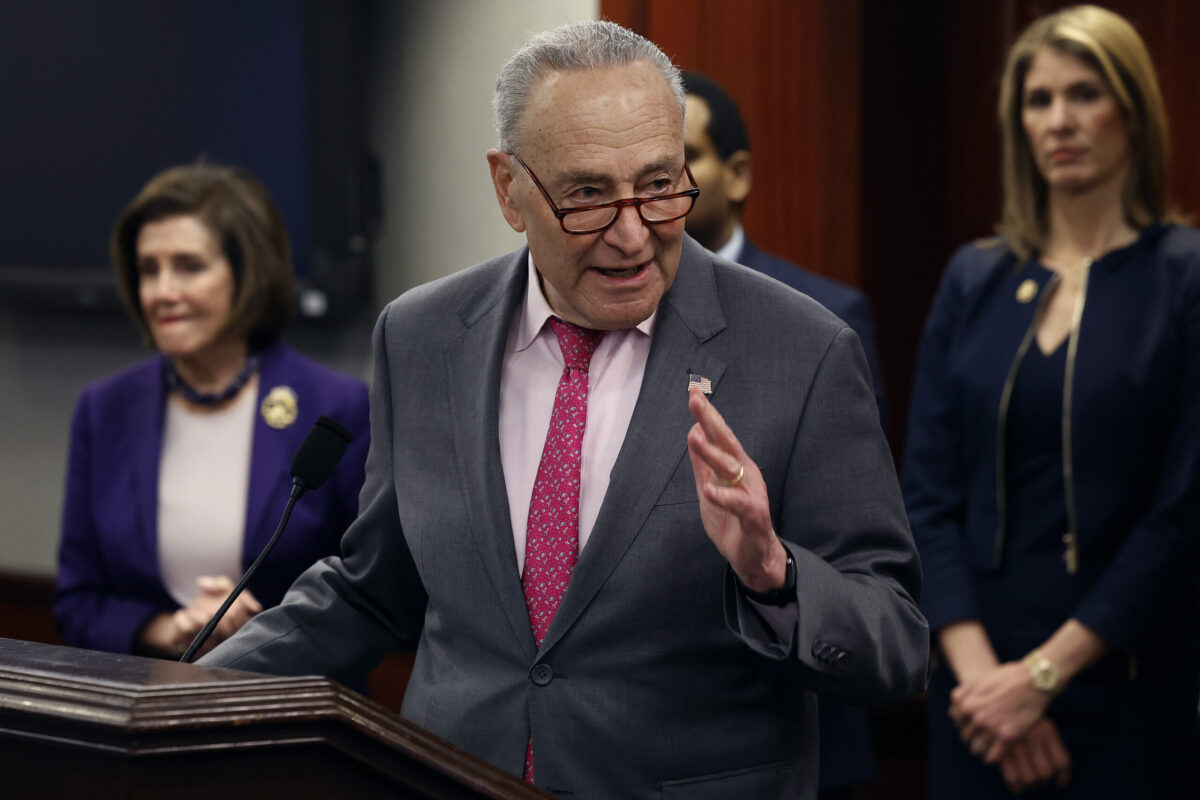The Supreme Court Has A Chance To Save The Economy From The FTC’s Wrecking Ball
Next week, the Supreme Court will have a chance to save the free market economy from the Federal Trade Commission (FTC). Even as the court reins in the administrative state, the FTC is advancing new rules and novel theories that stretch the limits of its mandate. Under its progressive chair, Lina Khan, the FTC wants to cancel the gig economy, cripple the ad-supported internet, and address racial justice, rather than simply protect consumers.
In Axon Enterprise v. FTC, the court could take a big step toward cabining the FTC within its statutory and constitutional authority. Axon itself involves a narrow procedural question of whether someone can raise certain constitutional challenges to the FTC directly in federal court, without having to wade through years of administrative processes.
As explained in a new paper, however, the case’s import is much broader. If companies can bring the FTC into court anytime the agency exceeds its authority, the courts can prevent the FTC from imposing illegal rules at the outset — a critical tool given the scope of the FTC’s agenda. Even more importantly, the court could lay the groundwork to revisit the constitutionality of the FTC and much of the administrative state.
Constitutionality Remains Open to Debate
In 1914, Congress created the FTC as a multimember body with features of all three branches of government. The FTC could prosecute, adjudicate, and even legislate rules of conduct. Although President Woodrow Wilson, a progressive, supported the new agency, even he wanted to avoid empowering a “smug lot of experts.” As Wilson explained, “God forbid that in a democratic country we should resign the task and give the government over to experts.”
In 1935, the Supreme Court upheld the agency’s structure because it believed, the agency had a limited mandate. In Humphrey’s Executor v. United States, the court found that the FTC’s mission was “neither political nor executive” but mainly quasi-judicial and quasi-legislative. In the court’s view, the commission was “nonpartisan,” led by a “body of experts” who had experience in both public service and the “practical affairs of industry.”
Today, courts have become much more skeptical of independent agencies. Several years ago, then-Judge Kavanaugh wrote that these agencies held “massive power” divorced from presidential oversight. As a result, he believed, “independent agencies pose a significant threat to individual liberty and to the constitutional system of separation of powers and checks and balances.”
Axon Could Confine the FTC
As SCOTUS considers the case, it may note that the agency is planning “to replace the free market system with its own enlightened views of how companies should operate.” Khan has argued for the government to play a larger role in “shaping markets and economic outcomes” while decrying the free market as a “product of metaphysical forces.”
Among its initiatives, the FTC is considering a rule to restrict “commercial surveillance and data security,” including “common business practices” that have never been deemed illegal. The FTC may restrict or ban personalized online advertising, declare that consumers cannot consent to share personal data
" Conservative News Daily does not always share or support the views and opinions expressed here; they are just those of the writer."




